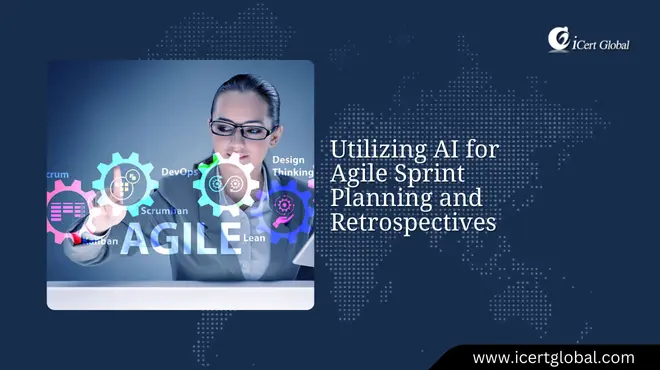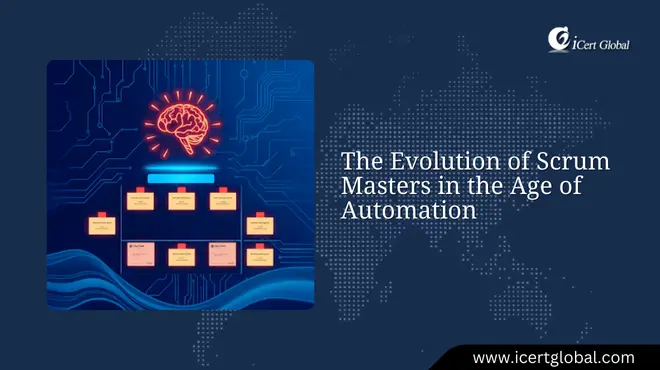Discover why the Scrum framework is the definitive choice for complex project management over the traditional waterfall model.
Read More →Certified Scrum Product Owner Training Course Overview in Delhi
Certified Scrum Product Owner® (CSPO) professionals have been taught the Scrum terminology, practices, and principles that enable them to fulfill the role of Product Owner on a Scrum team. CSPOs are typically the individuals who are closest to the "business side" of the project. The course trains on the set of concepts and practices that must be learned by anyone attending a CSPO course. It describes the knowledge and understanding that attendees will exit the CSPO training having been exposed to.
For more detail Click Here































